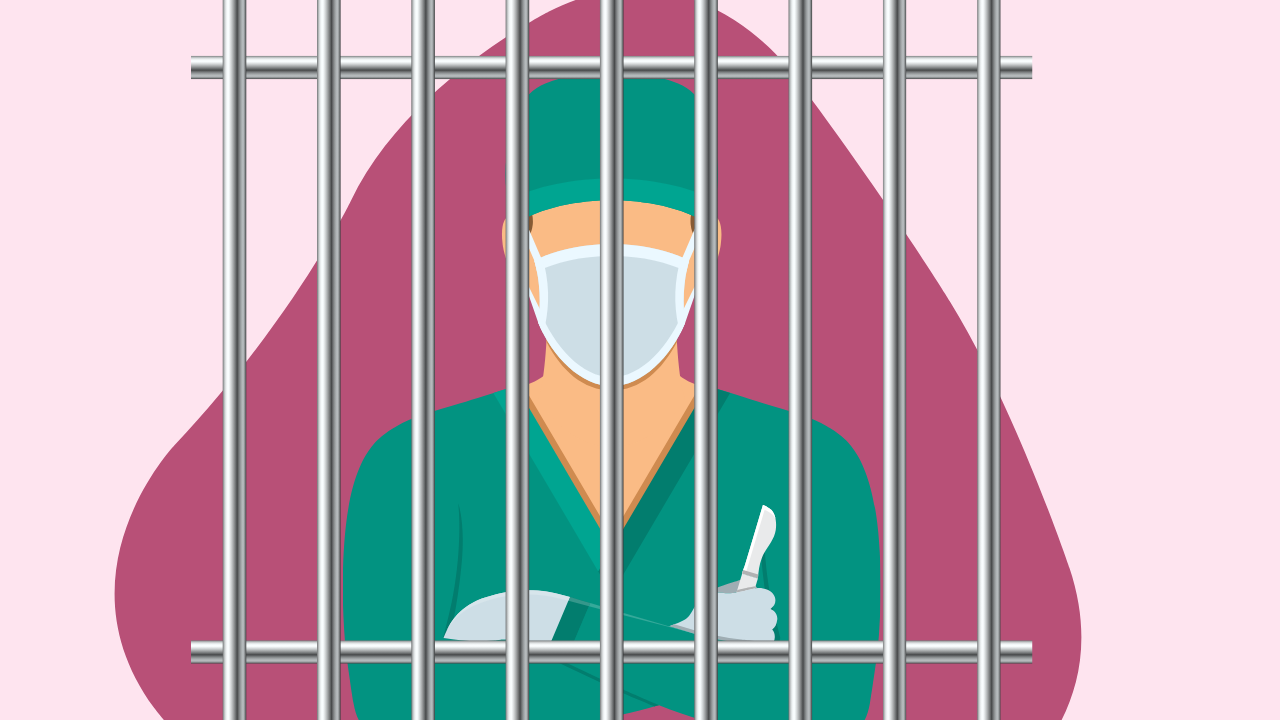Study Finds Chemotherapy Has Stronger Impact Than Obesity

At the 50th Annual Oncology Nursing Society Conference, researchers presented findings that challenge long-held assumptions about how obesity impacts the gut microbiome and symptom burden in patients undergoing chemotherapy for breast cancer. According to the study — as reported in a poster presentation — obesity-related differences in gut bacteria may be less influential than the effects of chemotherapy itself.
The research aimed to understand whether the gastrointestinal microbiome of patients with obesity differs significantly from that of non-obese patients receiving taxane-based chemotherapy. Historically, obesity has been associated with worse cancer outcomes, more severe side effects, and altered gut microbiota. However, the data presented here suggest that chemotherapy may overshadow obesity’s effects when it comes to both microbiome diversity and symptom burden.
The study included 59 women receiving outpatient chemotherapy for breast cancer. They were divided into two groups: those with obesity (BMI 30 or higher, n=26) and those without (n=33). Patients were asked to provide stool samples and report symptoms one week after treatment. Symptom assessments were collected using the Memorial Symptom Assessment Scale (MSAS), which evaluates occurrence, frequency, severity, and distress of 32 common symptoms experienced during chemotherapy.
Despite the differences in BMI — 35.44 in the obese group vs 25.07 in the non-obese group — researchers found no significant differences in gut microbiome diversity between the groups. Alpha- and beta-diversity analyses, which assess microbial richness and community variation, showed no meaningful shifts attributable to obesity.
Symptom burden was also remarkably similar across groups. Obese patients reported an average of 13.76 symptoms versus 13.12 in non-obese patients. Mean frequency, severity, and distress scores were nearly identical between the two groups. These findings challenge the expectation that patients with obesity would report a higher symptom burden — an assumption supported by previous studies linking obesity to worse outcomes and treatment side effects.
However, when the researchers used least absolute shrinkage and selection operator (LASSO) analysis — a statistical method to identify key variables — they did find eight bacteria that were more abundant in patients with obesity. These included Collinsella aerofacien, Prevotella 7, Coprobacillus cateniformis, Ruminococcus torques group, Agathobacter, Frisingicoccus, Roseburia inulinivorans, and Monoglobus pectinilyticus. While these microbes were linked to neurological symptoms and pro-inflammatory effects in colorectal cancer, they did not appear to contribute meaningfully to overall symptom burden in this breast cancer population.
These results also diverge from a recent meta-analysis published in BMC Microbiology and Infectious Disease, which found that obesity is often associated with decreased diversity in the gut microbiome. The contrast underscores how chemotherapy may temporarily disrupt or override other influences on gut health — including obesity — at least in the short term.
Lead author Catherine Cherwin, PhD, RN, and colleagues emphasized the importance of identifying biological mechanisms that drive symptom burden in order to develop better supportive care strategies. “While obesity may alter the GI microbiome and influence symptom burden in women with breast cancer, these effects may be outweighed by the effects of chemotherapy on the gut,” they wrote.
In short, this study suggests that when it comes to chemotherapy side effects and gut health, obesity might not be the main player — at least not during active treatment. Instead, chemotherapy’s impact on the body appears strong enough to flatten the differences between patient groups, pointing to the need for more nuanced research into symptom management and microbiome recovery during and after treatment.




